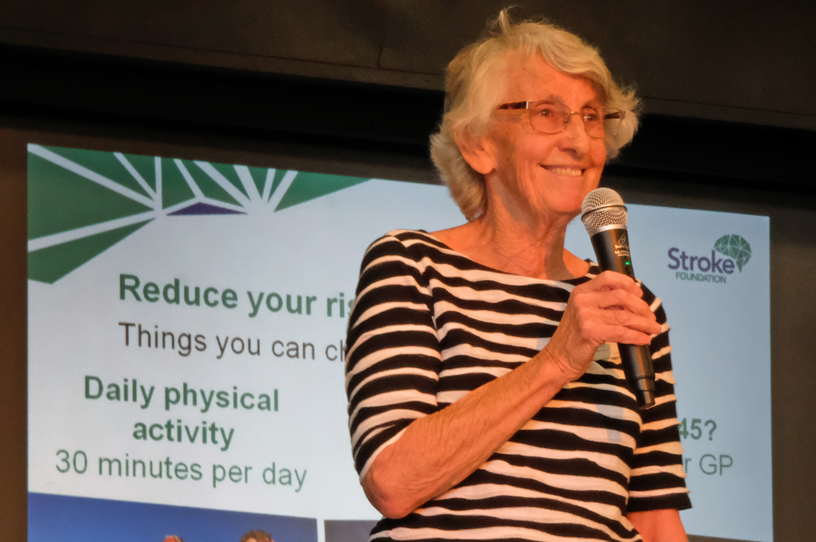Dangerous air quality levels from bushfires has prompted a team of respiratory specialists at Macquarie University’s MQ Health to launch a dedicated clinic to treat the high numbers of patients who are presenting with acute exacerbation of lung illnesses.

From today the new Breathe Easy: Bushfire Respiratory Service will allow patients with a referral from a GP or hospital emergency department to bypass the usual long wait and gain rapid access to a respiratory specialist.
Dr Alvin Ing, Professor of Respiratory Medicine at Macquarie University’s MQ Health, who heads up the clinic, says that he has seen an unusually high spike in patients this time of year with exacerbations of chronic lung diseases such as asthma and COPD as a result of the bushfire smoke.
“The new clinic will allow these patients to have access to a respiratory specialist within a week as opposed to waiting up to three or four months,” Professor Ing says.
According to NSW Ministry of Health figures there was a 25 per cent increase in hospital emergency department visits due to breathing and asthma conditions to Hornsby, North Shore, Ryde, and Northern Beaches hospitals between November 2019 and mid-January this year.
Professor Ing is noticing a higher proportion of patients with respiratory tract infections and patients with lung cancer presenting with exacerbations because of poor air quality.
“There is a demand for patients to get access to a specialist quickly for assessment and therapy.
“Without a dedicated clinic these patients could get lost in the noise of all the other patients we are seeing,” Professor Ing says.
Professor Ing says that the high concentration of fine particulate matter in the air that measures less than 2.5 microns in diameter (referred to as PM 2.5) is the most worrying fallout from bushfires, because these small particles can enter deep into the lungs and the bloodstream and are linked to a range of poor health outcomes.
“I think this high level of exposure to air pollution for this long is quite dangerous,” he says.
“I am concerned that there is going to be a spike in lung cancers in particular in the next decade and beyond, because of this prolonged exposure to high levels of toxic particles and carcinogens.
Once the patient is assessed at the new clinic their specialist will suggest whatever treatment is necessary, for example an increase in medication or in more serious cases, hospital admission.
Further details
Respiratory specialists:
Professor Alvin Ing, Dr. Taj Saghaie, Associate Professor Jonathan Williamson, Associate Professor Claude Farah, and Associate Professor Lucy Morgan
Please call







/regulation-and-prequalification-(rpq)/50960620707_59849e65eb-k.tmb-768v.jpg?sfvrsn=8ea94951_1)
